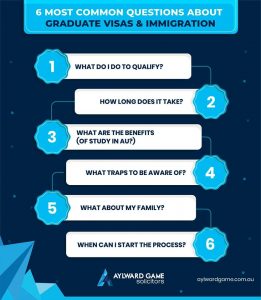Is the abuse you receive in your relationship considered Domestic Violence? How do you know and what should you do?
It is clear from the enquiries we receive from our client’s that in most cases they are not sure if what they are subjected to by a partner or other actually amount to domestic violence.
Section 8 of the Domestic and Family Violence Protection Act 2012 (Qld) sets out the types of domestic violence that are covered under the act.
Definition of domestic violence
Domestic violence means behaviour by a person (the first person) towards another person (the second person) with whom the first person is in a relevant relationship that—
is physically or sexually abusive; or
is emotionally or psychologically abusive; or
is economically abusive; or
is threatening; or
is coercive; or
in any other way controls or dominates the second person and causes the second person to fear for the second person’s safety or well being or that of someone else.
WHAT CONSTITUTES DOMESTIC VIOLENCE?
The further sections of the act set out in detail specific instances and behaviours that constitute domestic violence and what exposure to domestic violence is. It is quite long and descriptive however it is an easy read for those not legally minded and very much worth looking at to give you a good idea of what domestic violence actually is.
As domestic violence has been well documented and studied over recent decades (and in particular in recent years) many common behaviours once thought acceptable in a domestic relationship now come under the law and penalties may arise.
The main purpose of the act and domestic violence qld Courts in the current climate is to emphasise to the public the need to protect people subject to domestic violence and that they can act quickly and effectively to do so.
Should you believe you or your family members are being subjected to domestic violence and there is a risk of further harm it is important to act quickly as the law can protect your family and at very short notice.
POLICE INVOLVEMENT
Many people fail to realise that should domestic violence occur, and if there is a need for the Police to become involved, that the Police have a duty to charge a perpetrator with domestic violence offences and may themselves see action in the Domestic Violence Courts until a Protection Orders is made for those affected. Don’t feel as though you will be left alone to go to Court against an abusive partner if the violence is real and you are at risk.
If a Protection Order is warranted and you feel the need to apply quickly you can fill out an application and take it to a Magistrates Court anywhere in Queensland and a Temporary Protection Order is likely to be made. Should you make an allegation of any type of domestic violence mentioned above and set out further in the Queensland Act it is likely you will be granted a Temporary Protection Order.
Be very careful however penalties can apply and legal action may be possible by a perpetrator of domestic violence should your allegations prove to be false and fictitious.
Tomorrow we will look at how it works and what you will need to do. In the meantime remember; if you need help the Courts and the Police can act quickly and they have a positive obligation to do so when they are approached for help, so contact them now if you or your family are at risk.
Article Source: IS IT DOMESTIC VIOLENCE? HOW DO YOU KNOW AND WHAT SHOULD YOU DO? PART 1












